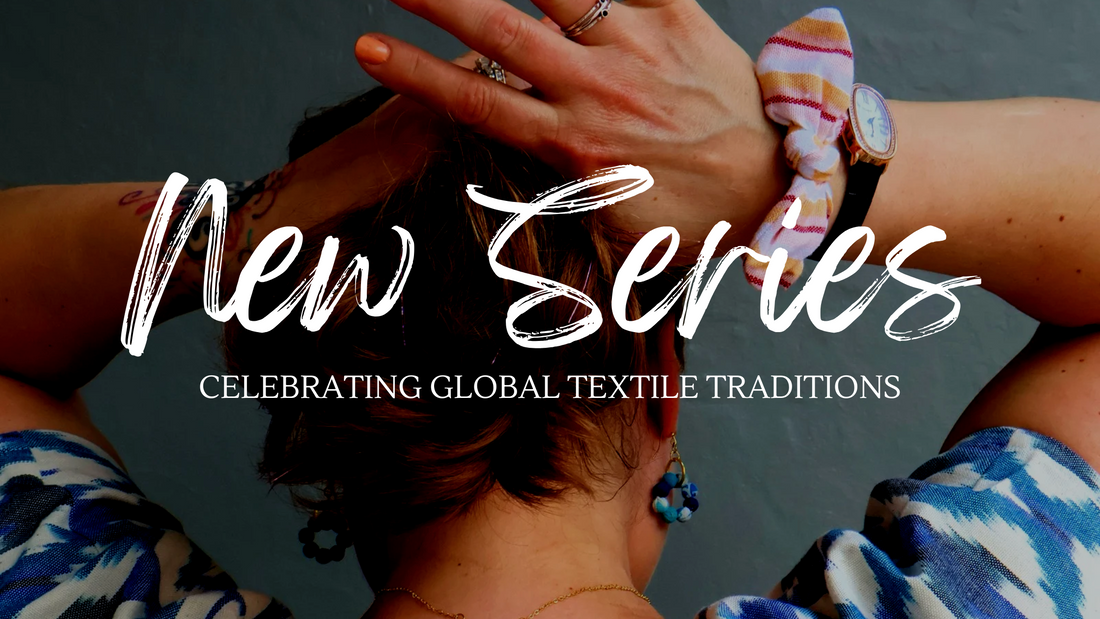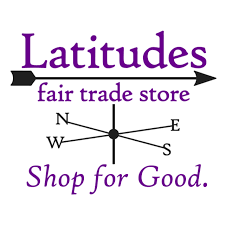
Putting Heart Back Into Fashion: Celebrating Global Textile Traditions
Who Really Makes Your Clothes?
Think about your favorite top or pair of pants. It’s cute, right? Did you know that a person, not a machine, made it? Large clothing corporations have led us to believe that clothing can be cheap and mass-produced because machines are the ones producing it.

Clothing Isn't Mass-Produced, It's Handcrafted
While machines can be a part of the process, clothing largely cannot be made by a machine alone. People, real people, like you and me, are operating sewing machines, weaving fabric thread-by-thread, carving wood to stamp patterns, crocheting yarn into textiles, and so much more.
Art and History are Being Erased
The world of clothing and textile production is a big one. Millions of people are involved in handcrafting the clothing we wear and, at the same time, are being erased to push sales and consumption. The heart, art, and history of clothing production are getting ripped out right in front of us.
But We're Not Falling For It...
Don’t worry, we're part of a growing movement of people who aren’t falling for it anymore. Fair trade is bringing the heart back to fashion. Learn the names and see the faces of the people who make your clothes. Be informed on how items are made and show big, fast fashion that you’re not falling for it, either.
Why Handmade Clothing Matters
You know that handmade clothing means job opportunities, creative outlets, the continuation of tradition, and sustainable production methods. We want you to join us in learning more about the methods of clothing production.

Let's Learn Together
This month, we’re discussing a few different ways patterns are added to clothing. Follow along to learn about:
-
Block Printing
-
Ikat
-
African Wax Prints
-
Batik
-
Embroidery
Did you know the patterns on block-printed items are made with hand-carved blocks? Next week, we'll dive into the series with block printing. Learn more about the history, the process, and how it impacts you!
Don't Miss The Series
Want to learn how block-printed textiles are made and why they matter?
Sign up for our newsletter to get the full post, behind-the-scenes content, and more fair trade insights delivered to your inbox.
Talk to you next week!
The Latitudes Team

